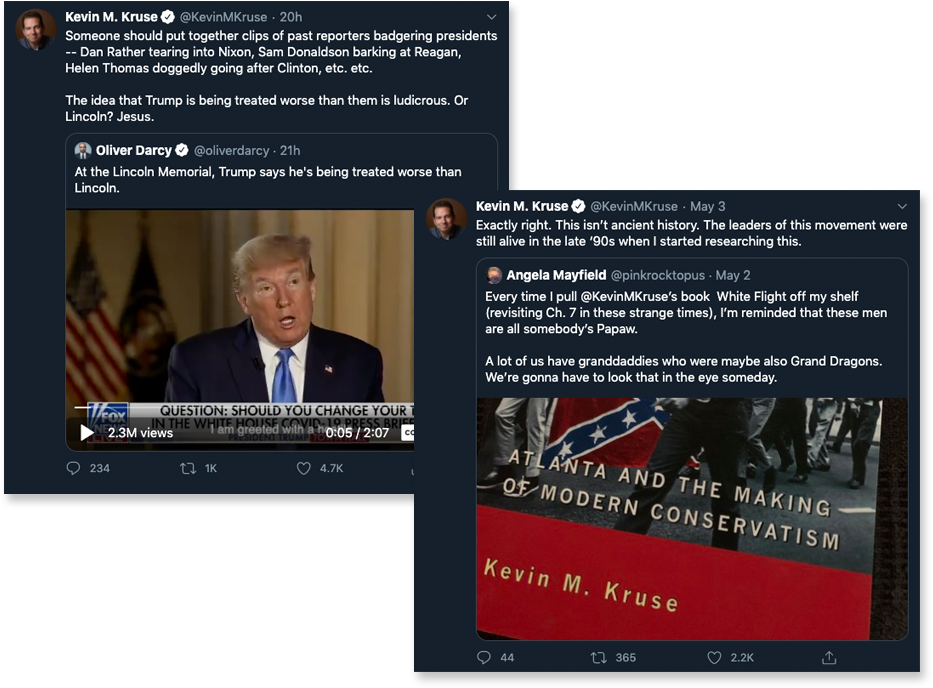We create
While the material in Part Three ranges widely, to reflect the need to be digitally savvy in so many ways, our primary focus is media creation and all that it entails. As we’ve said in Parts One and Two, we are all creators these days.
We share on social media. We post photos and videos. We comment. We write blog posts on our own sites. These are participatory roles even beyond being an active consumer.
As media creators, we have responsibilities.
Our bedrock, in a world where deserving other people’s trust should have the highest value, is to demonstrate integrity. And as with media consumption, we start with principles.
The principles we advocate for media consumers apply here, too. But we’ve added a few more for the creators.
We’re going to frame some of this from a journalistic perspective. That’s not because we expect you to be a journalist — though you may someday perform an act of journalism — but because journalists who have integrity follow a collection of principles and practices that are useful for anyone who creates media.
So we’re not saying that reading an article, and then sharing or commenting on it on social media, is journalism. It isn’t. Even so, we ask you to have some principles — call them Journalism 101 — in the back of your mind.
Two reasons:
-
1. They’re important no matter how you participate in media.
-
2. They help you understand how “the news” works.
Some people do the news for a living. We call them journalists. They have professional standards and ethics, and many work for organizations that have played essential roles in the communities they serve. Not least among those roles has been as watchdogs to those in power.
On the positive side, we can turn to experts who publish blogs or post extensively on social media. (One of Dan’s favorites — to give one of countless examples — is Kevin Kruse, a Princeton historian and prolific tweeter who regularly debunks BS from public figures who can’t be bothered to know anything about the past or the lessons we can learn from what’s come before).

One of the downsides of this, among many, has been the erosion of the financial model that supported journalism for decades. Advertising has been separated from journalism, and we are seeing the effects of that as local news organizations are shrinking or going out of business. The COVID-19 outbreak is what one media scholar calls an “extinction-level event” for local news organizations amid catastrophic economic destruction.
This is not to say that the demise of (most) local professional journalism means a total loss of information that is expertly gathered by people who demonstrate integrity. Even if we’re all creators to some degree, we can’t easily fill a hole created by the loss of local journalism organizations. That is bad news for the overall information ecosystem, for all of us.
